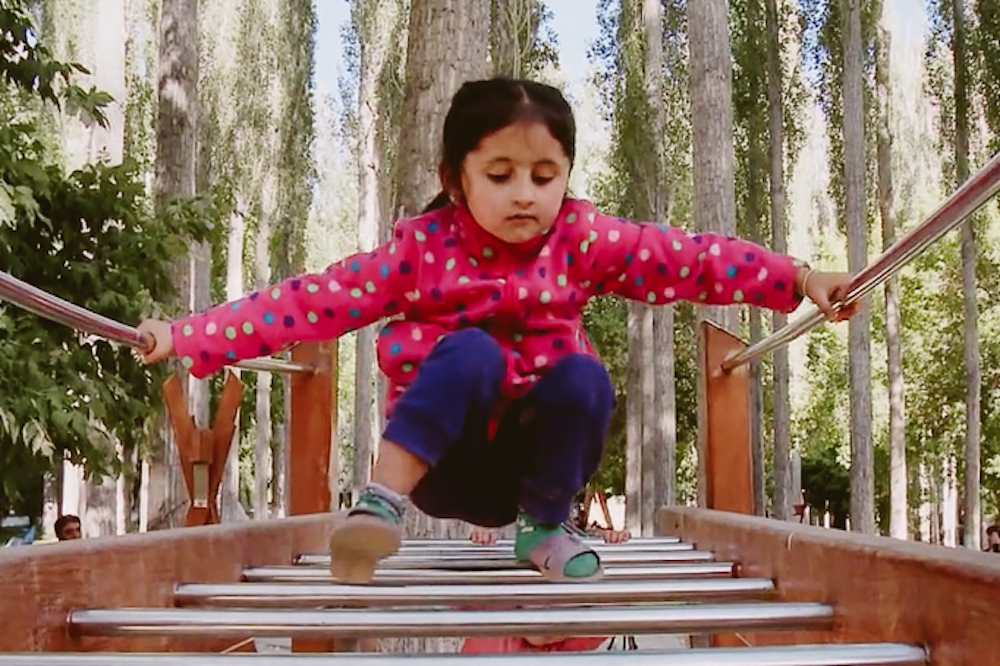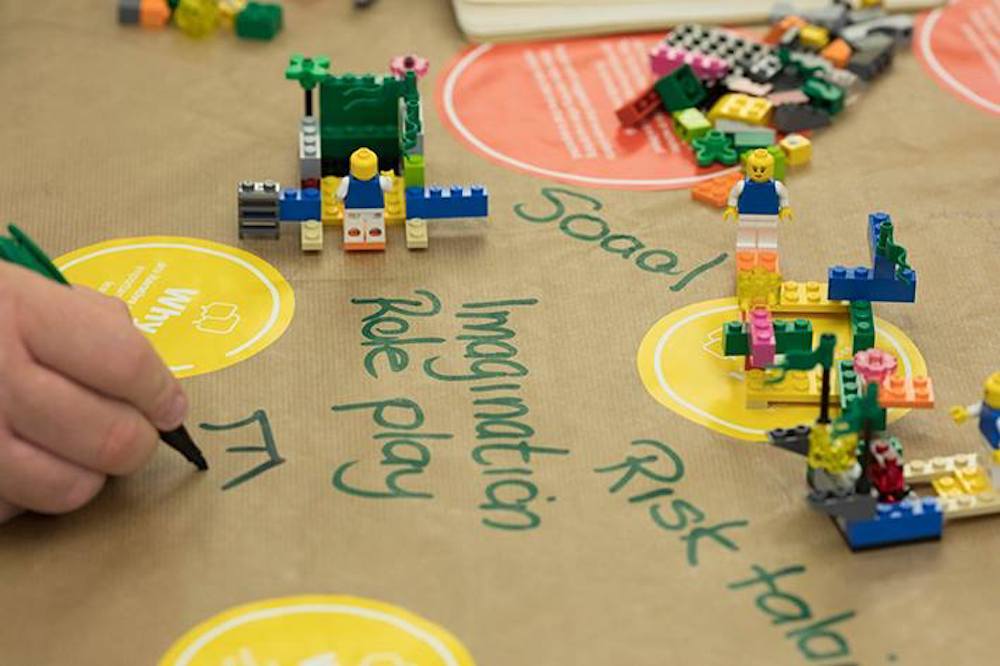
Play is the brain’s favourite way of learning
Childcare, Early childhood development, Safe pregnancy and birth
To mark Universal Children's Day today, we look at the importance of playing in the development of young children.
Play is a vital part our lives – especially when we are children. Our first friends are our playmates or siblings. We learn how to share, communicate and connect through play. It’s almost one of the first skills we have.
Research has shown that the ability to play breeds creativity and transforms learning – especially in the early years.
To mark Universal Children’s Day today – the anniversary of the Declaration of the Rights of the Child being adopted by the United Nations – we are spotlighting the importance of play as part of early childhood development.
A child’s brain is 90% developed by the time they are five years old – and play is one five key areas of development along with health, nutrition, protection and learning.
Theirworld’s #5for5 campaign has been pressing for countries and donors to invest more in early childhood development and pre-primary education.
“Playing is skilful work. It is important because it can help children develop physically, cognitively, linguistically and emotionally,” said consultant clinical psychologist Dr Rachel Andrew of UK-based Time Psychology Ltd.
“Playing can help children learn about, understand and then master the world around them. Imaginative play, for example, is a really complex task requiring abstract thought and executive level thinking.
“Most parenting models stress the importance of play as a social activity also – it can be used as an important tool for parents to build a strong relationship with their child, and for children to build relationships with each other.”
The LEGO Foundation – set up to inspire and develop the builders of tomorrow – is a shining beacon of light when it comes to putting the needs of young children and play on the map.

A spokesman said: “Play is our brain’s favourite way of learning. It has a deep impact on our cognitive, social, developmental and academic skills.
“Play stimulates children’s learning abilities by fostering creativity, which builds critical thinking, sparks intellectual curiosity and facilitates learning by doing.
“Learning by doing deepens our engagement and understanding and strengthens the most important pathways our brains use to learn and develop.”
One of the LEGO Foundation’s programmes, Play Every Day, is a three-year, multi-country initiative launched in in Mexico, South Africa and India in collaboration with Sesame Workshop. It focuses on helping parents and caregivers to understand the importance of play.
“Early childhood is a pivotal time for brain development and the scientific community has found increasing evidence that infants and children are constantly learning, connecting and engaging with their surroundings through positive playful experiences,” said Michael Renvillard, LEGO Foundation Initiative Lead for South Africa.
Psarents saw play as a way for children to feel more confident speaking, expressing themselves and interacting with adults and other children Lynneth Solis, early childhood development researcher
Lynneth Solis, an early childhood development researcher, has also been working with the LEGO Foundation. in partnership with the Centre on the Developing Child at Harvard University.
She spent a year researching and observing Colombian children from the Kogi settlement in Sierra Nevada de Santa Marta. There she discovered indigenous children were engaged in complex forms of play that hadn’t been documented before.
“In the past, researchers reported that indigenous children didn’t play in complex ways – but I found them pretending and involved in object play and construction similar to the way children in the West play,” she said.
The role parents had in their children’s ability to play was paramount, Solis discovered.
“They saw play as a way for children to feel more confident speaking, expressing themselves and interacting with adults and other children within and outside their culture,” she said.

“They also expressed that they believed play could help their children to explore their environment, learn and develop creativity.”
The LEGO Foundation is also supporting SOS Children’s Villages to bring learning through play tools and activities to 12,000 children in six communities across Kenya including Nairobi, Mombasa, Eldoret, Meru, Kisumu and Suba.
Almost 150 community outreach staff, practitioners and teachers at 40 kindergartens and schools take part in learning through play training sessions.
As children spend most of their young lives with their parents, it’s crucial that the parental bond with their babies is positive and nurturing – and play is a way of strengthening it.
Dr Andrew said: “We are seeing a rise in ‘adult play’ experiences and a focus on play in the early years too, as the importance of play across the age groups is recognised.”
More news

